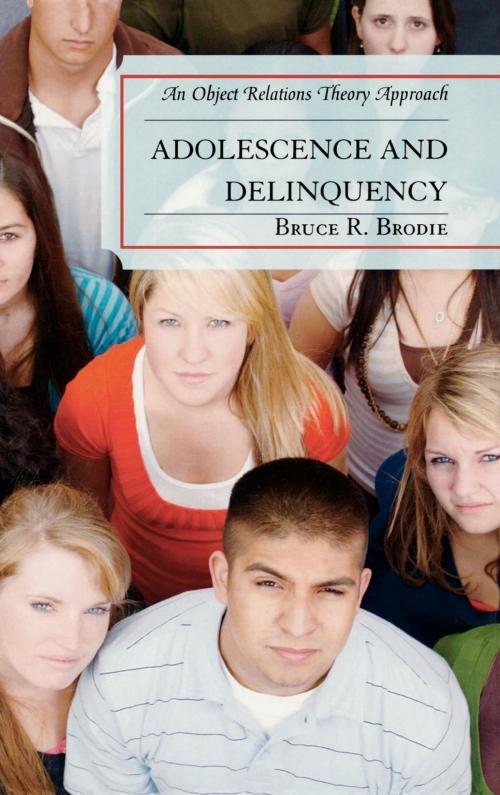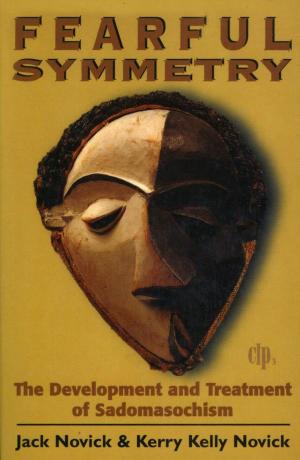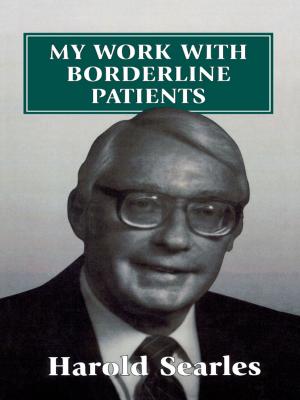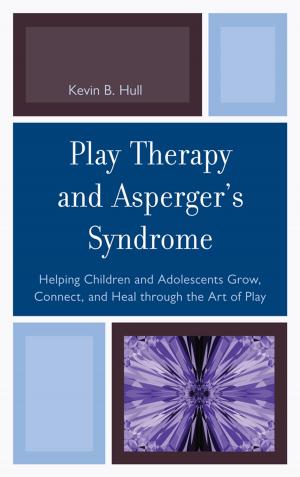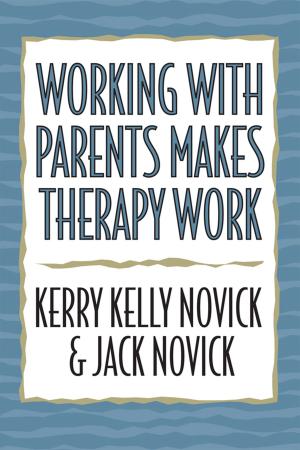Adolescence and Delinquency
An Object-Relations Theory Approach
Nonfiction, Health & Well Being, Psychology, Child & Adolescent, Adolescent Psychology, Education & Training| Author: | Bruce R. Brodie Ph. D. | ISBN: | 9781461627395 |
| Publisher: | Jason Aronson, Inc. | Publication: | May 4, 2007 |
| Imprint: | Jason Aronson, Inc. | Language: | English |
| Author: | Bruce R. Brodie Ph. D. |
| ISBN: | 9781461627395 |
| Publisher: | Jason Aronson, Inc. |
| Publication: | May 4, 2007 |
| Imprint: | Jason Aronson, Inc. |
| Language: | English |
This book applies modern object relations theory—particularly the concept of intersubjectivity as articulated by Thomas Ogden—to a population for which the 'treatment du jour' is increasingly cognitive-behavioral. Taking his lead from the delinquent adolescents in his practice, Dr. Brodie presents a treatment approach based on respect rather than condescension. Adolescents are related to as people, rather than as transitory objects passing through a 'stage.' Rather than judging their feelings and behaviors as 'aberrant,' the author views them as having emerged out of the complex matrix of his patients' lives. Adolescence and Delinqucney: An Object Relations Theory Approach is less an attempt to apply object relations theory to a particular population than it is an attempt to illuminate the seamlessness of theory and application. Theory and case examples are presented in a dialectical relationship, psychological theory having no meaning other than an attempt to understand real people, and the people we work with are unintelligible outside some systematic frame of reference.
This book applies modern object relations theory—particularly the concept of intersubjectivity as articulated by Thomas Ogden—to a population for which the 'treatment du jour' is increasingly cognitive-behavioral. Taking his lead from the delinquent adolescents in his practice, Dr. Brodie presents a treatment approach based on respect rather than condescension. Adolescents are related to as people, rather than as transitory objects passing through a 'stage.' Rather than judging their feelings and behaviors as 'aberrant,' the author views them as having emerged out of the complex matrix of his patients' lives. Adolescence and Delinqucney: An Object Relations Theory Approach is less an attempt to apply object relations theory to a particular population than it is an attempt to illuminate the seamlessness of theory and application. Theory and case examples are presented in a dialectical relationship, psychological theory having no meaning other than an attempt to understand real people, and the people we work with are unintelligible outside some systematic frame of reference.
